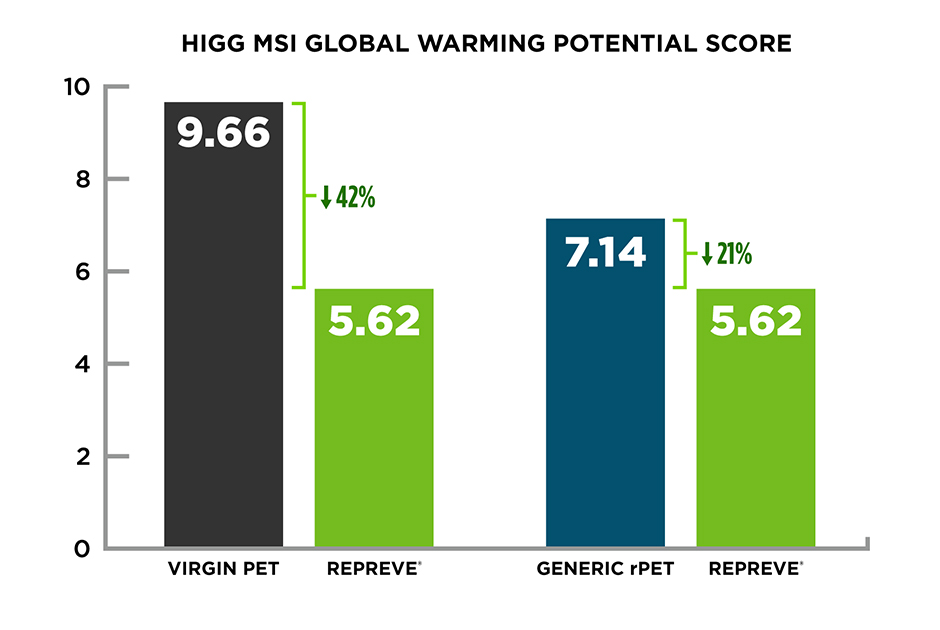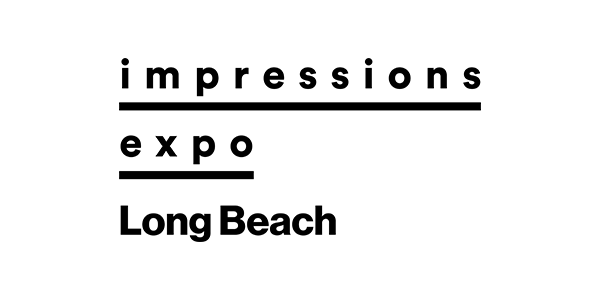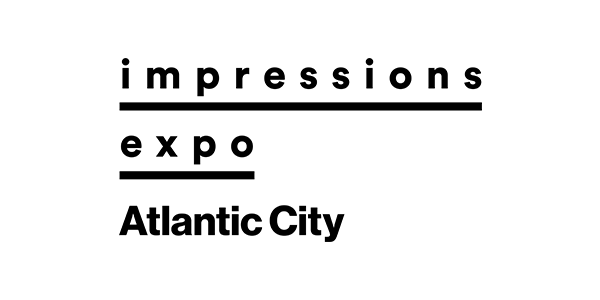Unifi, Inc., Greensboro, N.C., has received the Higg Materials Sustainability Index (Higg MSI) scores for its flagship recycled brand, REPREVE.
The Higg MSI (version 3.2) is the most comprehensive tool for sustainability analysts, designers and product developers who want to make more informed materials choices, according to the organization.
The Higg MSI study confirms that U.S.-manufactured REPREVE reduces the global warming potential by 21% compared to generic, mechanically recycled polyester and 42% compared to conventional virgin polyester. The Higg MSI global warming potential is related to greenhouse gases. Based on the score, REPREVE is verified to have a lower carbon footprint than comparable materials.
“We continue to build on our commitment to transparency by having the results of our REPREVE Life Cycle Assessment verified and accepted into the Higg MSI,” says James Cooper, Unifi sustainability manager. “REPREVE manufactured in the U.S. has a lower global warming potential than standard rPET, providing our customers with a verified pathway to lower their environmental impact and meet their sustainability goals.”
The Higg MSI scores are used to communicate credible data about a product’s performance and validate sustainability progress. These results serve as a public scorecard for sharing the profile and data of a product’s environmental impact, which provides designers and consumers alike with information to make sustainability-based purchasing decisions.
“At Unifi, we’re working today for the good of tomorrow, and these scores validate our belief that we are having a positive impact on the future through the growth of REPREVE,” says Unifi CEO Eddie Ingle. “This assessment assures consumers and brands that by purchasing or using REPREVE recycled fibers, they are making a more conscious and sustainable impact on the present and the future. To our shareholders, this transparency reinforces our commitment to REPREVE and the growth potential it has with consumers and brands as they increase their focus on sustainable alternatives.” — D.S.





